Lets GO!
Why You Need to Try GO
Go is a fast, lightweight, and statically typed compiled language that’s perfect for building efficient, reliable applications. Its simplicity and clean syntax make it easy to learn and use, especially for newbies. Go’s standout features include built-in concurrency with goroutines, a robust standard library, and powerful tools for code formatting, testing, and dependency management. Dive in and discover why Go could become your new favorite language!
In this blog, we will explore why you should definitely give Go a try.
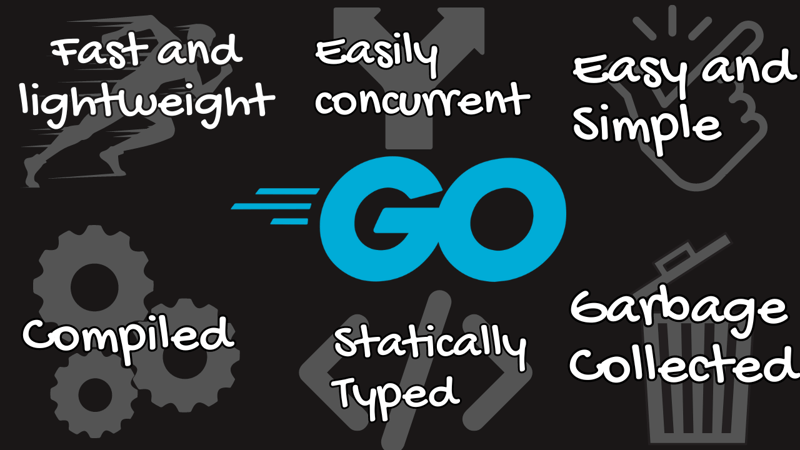
1. Go is Amazingly Fast and Lightweight
Go is a compiled language, making it faster than scripting languages like Python, JavaScript, and Ruby. It's also quicker than interpreted languages like Java and C#. While it may not be as fast as C or Rust, the trade-off in performance is often worth it because you avoid the complex memory management those languages require.

Go programs are lightweight, including only a small amount of extra code known as the Go Runtime, which handles garbage collection and memory management.
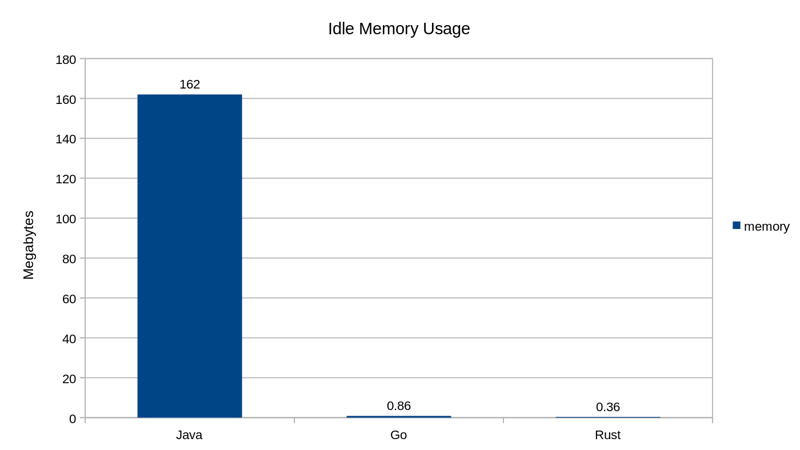
2. Strictly Typed with Type Inference
Go is a statically typed language, meaning types are checked at compile-time. It also supports type inference, allowing you to omit type declarations in many cases. This keeps your code clean and concise while maintaining type safety.
Strict types in Go:
var x int = 10 var y string = "Hello"
Type inference in Go:
x := 10 y := "Hello"
3. Go is a Garbage-Collected Language
Go allows you to dynamically allocate memory and work with pointers without worrying about manual memory management, thanks to its garbage collector that automatically frees up unused memory.
4. Concurrency
If you're used to JavaScript's asynchronous programming and think you know concurrency (asynchronous programming is not actually concurrency), Go will take it to the next level. Concurrency in Go involves multiple processes or threads running simultaneously, allowing parallel task execution to improve performance across multiple processors or cores. Read more about concurrency, parallelism, and asynchronous methods.

5. Mutex
Concurrency can lead to inconsistencies when processes access the same shared data simultaneously, often due to race conditions. Go addresses this with mutexes (mutual exclusions), a synchronization mechanism that ensures only one thread accesses a resource at a time.
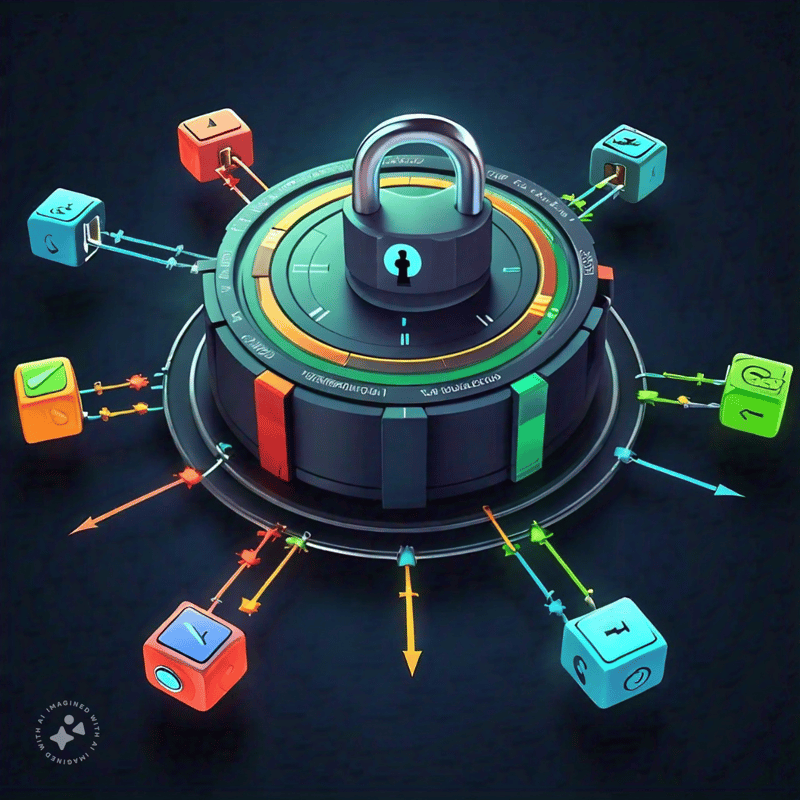
6. Golang is Open Source
Go is open source with a large and growing community, which means plenty of support and contributions from developers worldwide.

7. Simplicity is Key
Go's design philosophy is simplicity. Its clean syntax and minimalist features make it easy to read and understand, making it perfect for both new and experienced developers who prefer straightforward code without the clutter.
8. A Rich Standard Library
Go's standard library is packed with tools for common tasks, from building web servers to working with JSON, so you don't need to rely on third-party libraries for basic functionality.
9. Cross-Platform Compiling
Go allows you to compile code for different operating systems from a single codebase. It also creates static binaries, reducing the "but it works on my machine!" frustrations.

10. Growing Job Market
Go is used by industry giants like Google, Uber, and Docker, with startups also adopting it. Learning Go can be a great boost to your resume as demand for Go developers continues to rise.
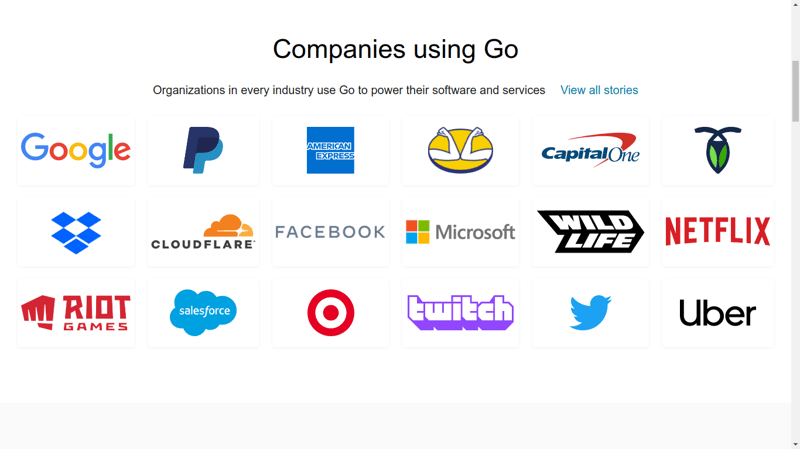
11. One of the best error handling
Go's error handling is explicit and clear. Instead of hidden exceptions, Go uses straightforward error checking, giving you control and transparency over your code. There is a proverb on go, 'Don't just check errors, handle them gracefully'.
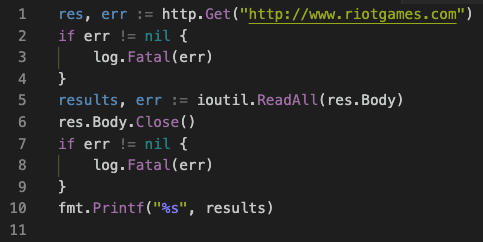
13. What you can buid using golang
- Web Servers
- CLI Tools
- Web Frameworks
- Databases
- Web APIs
- Web Crawlers
- Distributed Systems
Summary
Go is more than just a programming language—it's a gateway to writing efficient, reliable, and easy-to-understand code. Whether you're new to programming or a seasoned developer, Go's simplicity and powerful features make it a joy to work with. Its lightning-fast performance, built-in concurrency, and robust standard library let you build everything from web servers to microservices with ease.
The thriving community and growing demand for Go developers mean that learning Go isn't just a fun challenge—it's a smart career move. Plus, Go's clean syntax and straightforward error handling make it perfect for those who value clarity and maintainability in their code.
So why not give Go a try? Whether you're solving real-world problems or just exploring new tech, Go empowers you to do more with less—and have fun while you're at it. Dive in, and you might just find your new favorite language!
Make sure to like this post and follow me if you found it knowledgeful.
The above is the detailed content of Lets GO!. For more information, please follow other related articles on the PHP Chinese website!

Hot AI Tools

Undresser.AI Undress
AI-powered app for creating realistic nude photos

AI Clothes Remover
Online AI tool for removing clothes from photos.

Undress AI Tool
Undress images for free

Clothoff.io
AI clothes remover

AI Hentai Generator
Generate AI Hentai for free.

Hot Article

Hot Tools

Notepad++7.3.1
Easy-to-use and free code editor

SublimeText3 Chinese version
Chinese version, very easy to use

Zend Studio 13.0.1
Powerful PHP integrated development environment

Dreamweaver CS6
Visual web development tools

SublimeText3 Mac version
God-level code editing software (SublimeText3)

Hot Topics
 1382
1382
 52
52
 What are the vulnerabilities of Debian OpenSSL
Apr 02, 2025 am 07:30 AM
What are the vulnerabilities of Debian OpenSSL
Apr 02, 2025 am 07:30 AM
OpenSSL, as an open source library widely used in secure communications, provides encryption algorithms, keys and certificate management functions. However, there are some known security vulnerabilities in its historical version, some of which are extremely harmful. This article will focus on common vulnerabilities and response measures for OpenSSL in Debian systems. DebianOpenSSL known vulnerabilities: OpenSSL has experienced several serious vulnerabilities, such as: Heart Bleeding Vulnerability (CVE-2014-0160): This vulnerability affects OpenSSL 1.0.1 to 1.0.1f and 1.0.2 to 1.0.2 beta versions. An attacker can use this vulnerability to unauthorized read sensitive information on the server, including encryption keys, etc.
 How do you use the pprof tool to analyze Go performance?
Mar 21, 2025 pm 06:37 PM
How do you use the pprof tool to analyze Go performance?
Mar 21, 2025 pm 06:37 PM
The article explains how to use the pprof tool for analyzing Go performance, including enabling profiling, collecting data, and identifying common bottlenecks like CPU and memory issues.Character count: 159
 How do you write unit tests in Go?
Mar 21, 2025 pm 06:34 PM
How do you write unit tests in Go?
Mar 21, 2025 pm 06:34 PM
The article discusses writing unit tests in Go, covering best practices, mocking techniques, and tools for efficient test management.
 What libraries are used for floating point number operations in Go?
Apr 02, 2025 pm 02:06 PM
What libraries are used for floating point number operations in Go?
Apr 02, 2025 pm 02:06 PM
The library used for floating-point number operation in Go language introduces how to ensure the accuracy is...
 What is the problem with Queue thread in Go's crawler Colly?
Apr 02, 2025 pm 02:09 PM
What is the problem with Queue thread in Go's crawler Colly?
Apr 02, 2025 pm 02:09 PM
Queue threading problem in Go crawler Colly explores the problem of using the Colly crawler library in Go language, developers often encounter problems with threads and request queues. �...
 What is the go fmt command and why is it important?
Mar 20, 2025 pm 04:21 PM
What is the go fmt command and why is it important?
Mar 20, 2025 pm 04:21 PM
The article discusses the go fmt command in Go programming, which formats code to adhere to official style guidelines. It highlights the importance of go fmt for maintaining code consistency, readability, and reducing style debates. Best practices fo
 Transforming from front-end to back-end development, is it more promising to learn Java or Golang?
Apr 02, 2025 am 09:12 AM
Transforming from front-end to back-end development, is it more promising to learn Java or Golang?
Apr 02, 2025 am 09:12 AM
Backend learning path: The exploration journey from front-end to back-end As a back-end beginner who transforms from front-end development, you already have the foundation of nodejs,...
 PostgreSQL monitoring method under Debian
Apr 02, 2025 am 07:27 AM
PostgreSQL monitoring method under Debian
Apr 02, 2025 am 07:27 AM
This article introduces a variety of methods and tools to monitor PostgreSQL databases under the Debian system, helping you to fully grasp database performance monitoring. 1. Use PostgreSQL to build-in monitoring view PostgreSQL itself provides multiple views for monitoring database activities: pg_stat_activity: displays database activities in real time, including connections, queries, transactions and other information. pg_stat_replication: Monitors replication status, especially suitable for stream replication clusters. pg_stat_database: Provides database statistics, such as database size, transaction commit/rollback times and other key indicators. 2. Use log analysis tool pgBadg




